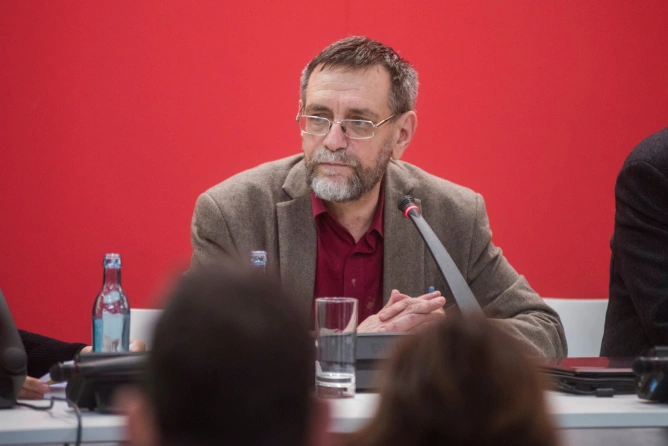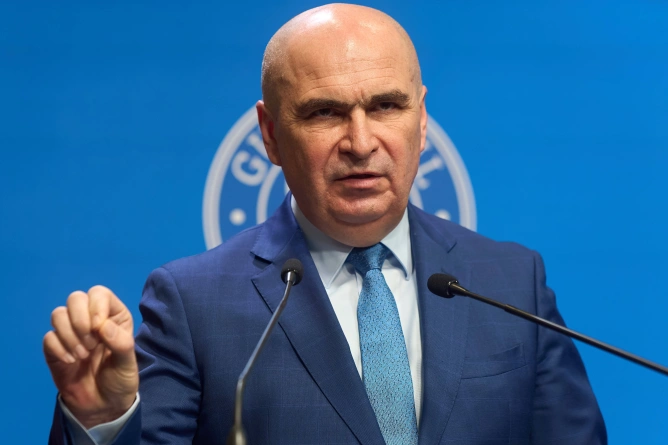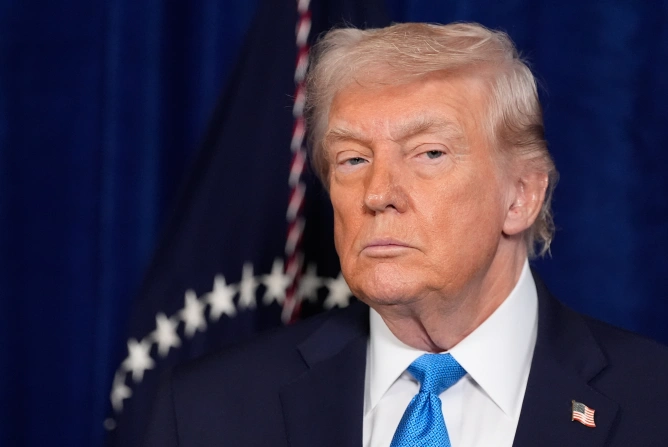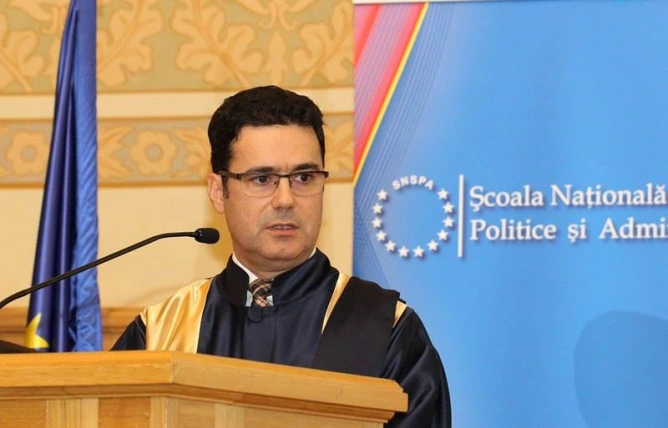
Recently, a certain uproar was stirred on social media by the statement of the Minister of Education, Daniel David, that "teachers must report cases where a colleague promotes conspiracy theories or false information." The same should apply to parents or even students, and the respective teachers should be sanctioned. Obviously, the same should be implemented in cases where some teachers declare themselves proponents of pseudosciences (numerology, astrology, etc.), which are often associated with conspiracy theories, believes the minister.
Some rushed to treat this statement as an invitation to denunciation and uttered the words "securitism" or "political censorship." But I believe the minister has good arguments: propagating, for example, anti-vaccination views in biology classes or "flat earth" theories in geography classes not only undermines the educational fabric itself but also poisons children with theories that harm them, to the extent that they are not effectively countered. If we agree that a pharmacist has the duty to report to the authorities the case of a fellow pharmacist who adds harmful substances to the mixtures they prepare, what objection could we find in the circumstances when a teacher denounces the propagation of anti-vaccination views by a colleague? The harmfulness of a deeply false teaching, contrary to all scientific principles, is at least as great as the harmfulness of a falsified pharmaceutical recipe – especially since the effects on mental and spiritual health will be seen later.
As a principle, therefore, I believe that no solid objection can be formulated. The problem arises, however, if the teacher propagates the respective conspiracy theory – for example, the idea that vaccines are harmful and were developed for population control – not in class, but on social media, in their free time. What do we do with a teacher who, while scrupulously respecting scientific explanations in class, overflows with conspiracy theories on Facebook? They could argue that they are fulfilling their professional duty during class time, but in their free time, they claim to benefit without restriction from the right to opinion, just like any other citizen. Should they also be sanctioned?
The fact is that the teacher is not "just any other citizen." Their opinions, even if expressed outside the professional framework, matter for education. If their students (or their parents) come to know them – which is almost inevitable – they will come to consider that what the teacher says or explains in class is not true, since even they themselves do not believe in those things, plus the fact that duplicity is ethically acceptable. I truly believe that, in some situations, the presence of duplicity can be more educationally damaging than a constant and unitary conspiratorial attitude: it can suggest that, since people are pursued by authorities for their beliefs, and the so-called "thinking for oneself" is persecuted, duplicity is a legitimate tactic. Therefore, conspiracy theories seem more plausible. The child will learn not only a pseudoscience but also a pseudo-ethics. Thus, in my opinion, the teacher should be sanctioned for "conspiratoriality" and the dissemination of "pseudoscience," even if their statements are made exclusively on social media and not in class.
In flagrant cases, of course, it will not be difficult to apply this principle. But there are numerous borderline cases or cases near the limit. For example, a teacher may not be a proponent of the "recent flat earth" theory (biblical literalism), but may declare themselves a "creationist," thus contradicting the theory of evolution that they are supposed to teach in class. Should they also be banned? Or should we ask them to explain both creationism and evolution in class with arguments and counterarguments? It would not be easy for either them or their students.
And what would we do if a history teacher spoke to students about the "merits" of communism or fascism more than some students or their parents would consider normal? What is the limit between exposure and hidden propaganda? Who decides on this limit? Students, parents, colleagues, authorities? Or what if a philosophy teacher insisted too much and seemingly admiringly on the activity and writings of Nae Ionescu? If the teacher honestly presented different interpretations and controversies from the present and the past, would that be correct? Some would agree with this comprehensive approach. Others, however, would object that, in this way, a relativistic view would be induced in young people, still unformed, and that the teacher has the duty to produce solid ethical and critical benchmarks, not just to present alternative theses. But, on the other hand, of course, there would also be the usual informants, who would report without basis anyone they dislike, confusing (intentionally or not) the logic of exposure with the logic of justification.
What I want to say is that there are risks, however we proceed. We will not please everyone, and dissonances will always be heard. I still believe that addressing in the educational process the major controversies (in history, bioethics, sciences) of the moment, even in a simplified manner, but not falsifying, is preferable to any dogmatism. However, to accept, under the pretext of freedom of opinion, that science and knowledge be blatantly contradicted or ridiculed through relativization by some of those meant to support and transmit them seems to me, among all, the most serious thing, and it should be sanctioned just like an inappropriate medical or pharmaceutical activity.

















